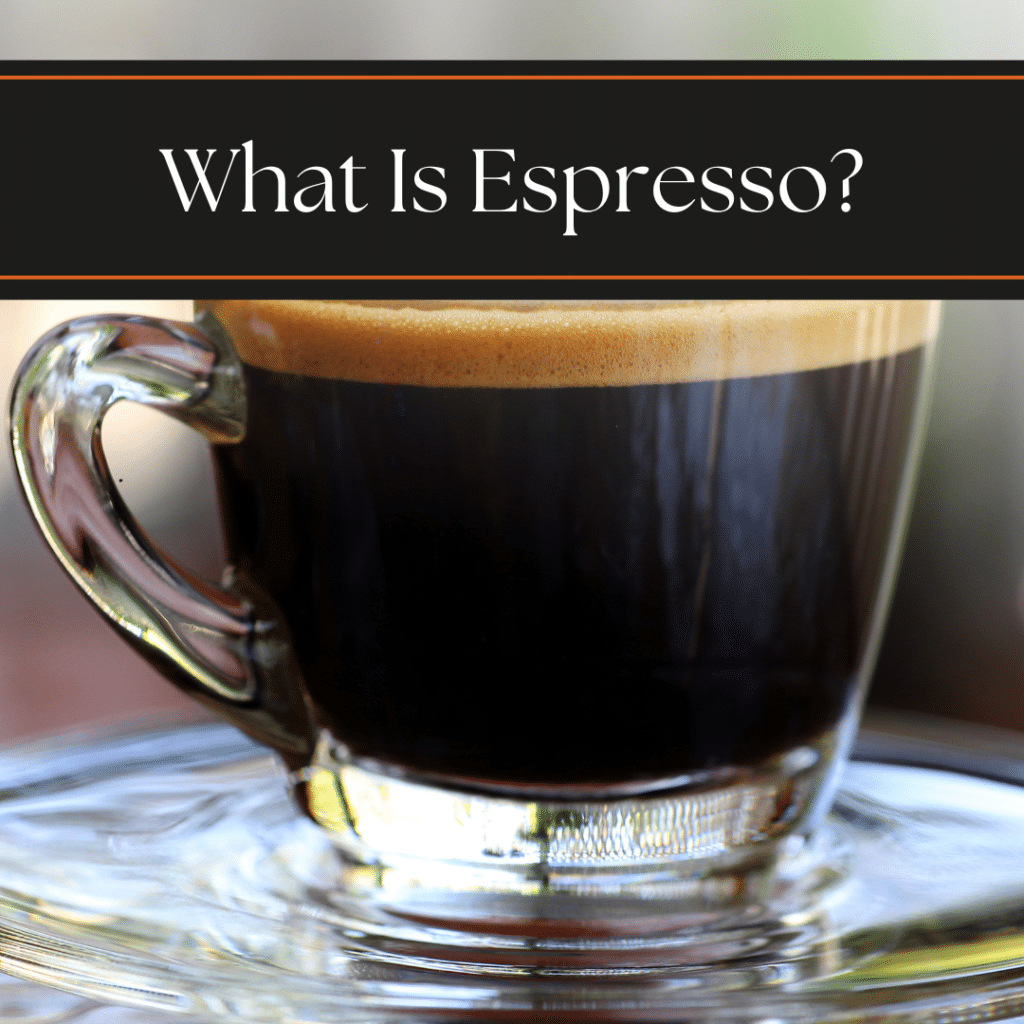So, our first advice is to buy fresh whole beans from an independent, roaster.
You will sometimes come across advice about using arabica beans over robusta on the grounds that robusta has the stronger, darker flavour with more caffeine. Although there is some validity to this argument, the flavour profile achieved by the roaster has more impact than this factor, and in a blend sometimes robusta can help achieve a balance and a depth in the finished drink.
Our second piece of advice is simply to look at the flavour notes which come with the beans: experiment and learn which flavours you enjoy and search for new flavours to explore and discover.
Remember that making your own espresso is an opportunity to enjoy a refined, world class product at a very affordable price, so rather than buying mass purchased, mass-roasted beans we recommend that you enjoy beans which have been carefully selected, expertly roasted and produced to the highest possible standard.
Should I use bottled water in my Sage coffee machine?
One of the biggest issues with water is the build of residue in your machine, especially if you live in a hard water area. Hard water leads to build up of limescale which can eventually cause disastrous harm to your machine. Filtering your water will take out many of the solids hidden within but does not necessarily completely rid your water of limescale so it may be advisable to use bottled water in very hard water areas.
Regardless of where you live, your tap water (and in varying quantities, bottled water) will contain dissolved solids which can build up in your machine, so we would always recommend that you filter your tap water before using it in your Sage coffee machine. Of course, your tank also has a filter, which is very good, and which you should change regularly, but because of the potential for damage we would recommend that you still filter your water before using it.
Bottled water is a great alternative, though an extra cost and there is also an added environmental impact. Bottled water should be labelled with a TDS rating (Total dissolved Solids) which gives you a number in parts per million. You should be looking for something below 60ppm. You can buy a TDS meter to test your own water or to confirm the TDS content of any water you buy.
Elsewhere we discuss the descaling/decalcifying process but to prevent damage it is best to regularly descale your machine as well as going through the regular cleaning process prompted by your machine.
If you want to be even more precise about the kind of water you use to make your coffee, you may also want to check its pH balance too. The Scientific Coffee Association of America (SCAA) recommend that you use neutral water for coffer, that is water with a pH balance of 7, but allow that a band of between 6.5 and 7.5 is acceptable.









